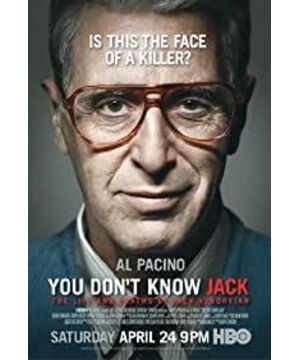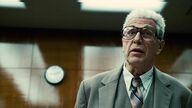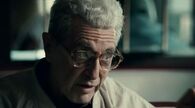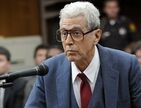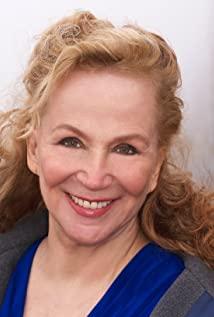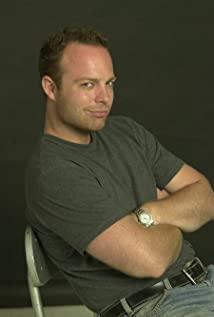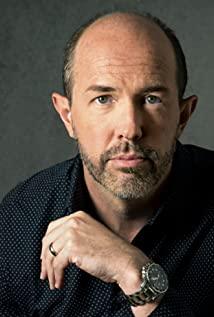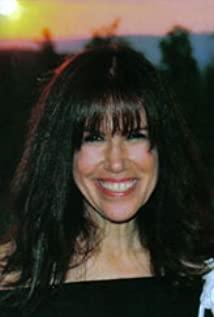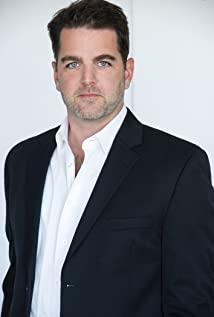1. Regarding euthanasia, it involves not only laws, but also humanities, ethics and religious beliefs. (In Christianity, suicide and homicide are not allowed.) In today’s society, death is becoming less and less a taboo topic. How to make a patient with a terminally ill dignified and selective death become the first discussion at the beginning of the film. topic. 2. The movie took more than an hour to describe how doctors used different ways to help patients who had no love to die. Behind every deceased person is a file, a roll of tapes that can be testified in court, and a death number. This long death list includes unfamiliar patients, as well as familiar relatives and friends around the doctor. In the face of these "suicidal" patients, doctors have received strong reactions from various quarters and have been controversial. But all kinds of evidence help him not to take responsibility in law, because he is just an assistant, and the gate that ultimately decides life and death still has to be done by the patient himself. After several pursuits and verdicts, he finally made the status of "assisted suicide" exempt from legal prosecution in Michigan. If the movie ends here, the image of the doctor is a healer, or a death enforcer. In good will he is benevolent and noble; in opposition, for whatever reason, he has the power to end his life. To artificially obliterate the life given by God at a time that does not belong to the end of life is tantamount to exercising the power of God, then he is the incarnation of the devil. In the eyes of the public, doctors who are withdrawn and special independent tend to be more and more inflated and pursue fame, which makes his later medical career step by step, like walking on thin ice. 3. The movie went through a lengthy foreshadowing and repeated executions of death. When 130 euthanasia numbers appeared, the biggest controversy in the whole play began. The identity of a doctor's "assistant" is permitted by law, and it is legal regardless of the consent or protest of the public. The doctor acts according to the procedures in this capacity, even if he executes thousands of deaths and is described by the media as a gas chamber of a new generation of Nazis, he will not have any trouble. But the doctor's purpose is to completely legalize the practice of "euthanasia", that is, the doctor is no longer an assistant, but directly ends the patient's life. During the euthanasia process of the last patient, he chose to help him inject poisonous drugs instead of letting the patient lift the valve by himself, which constituted murder under the existing laws in the United States. 4. Why did the doctor do this kind of act of challenging the law, he knew that the consequences would be no trivial matter. Intentional homicide is a felony in any country, and his act of trying the law is more like an ambitious, saint-like sacrifice, a great leap forward for legalization, and a martyr on the road to euthanasia. As we all know, whenever an important law turns out, it is often accompanied by mud and blood. For example, the detention and repatriation system that has been implemented in China for more than 20 years is the price Sun Zhigang has exchanged for his blood. The doctor hopes to use his own body to kill a bloody road. In the most primitive and cruel way, he calls on the masses to pay attention to and support this request. Character determines fate. This kind of fund is like a man's arm and a car, and failure is inevitable. He stayed in prison for eight and a half years before being released, but it seems that until now, his efforts have not been rewarded. The prototype of the doctor died in 2011, and the legalization of euthanasia in the United States is still a long way off. 5. The movie is starring the veteran actor Al Pacino. From the appearance point of view, the old Pa, who is over 70 years old, no longer has the aggressive spirit and handsomeness of the godfather. What do you think of the white-haired and wrinkled face? All like a little old-fashioned old man. He basically maintained an attitude of indifference and forbearance until prosecutors compared his actions to the 11 million genocide during World War II. This remark caused an uproar. . He stood agitatedly in the courtroom and denounced the other party's false remarks angrily. This climax came suddenly and violently, and he vaguely seemed to see the arrogance of Lao Pa's innocence and self-arrogance, and he was surprised and delighted. 6. The paragraph in the judge's closing statement was beautiful and wonderful. No one is above the law. The stability and prosperity of the society depends on the inviolability of the law. Otherwise, the society will really be in chaos. a feeling of. Of course, looking at it from different angles, it feels different. It shows the American judicial system, as well as the professionalism and tact of being a judge. But most of the things in the world are like this, the more they occupy the words of rationality, the more they lack human nature. The 70-year-old doctor spent eight and a half years in prison and was released on parole after promising not to do any euthanasia work in the future. What he said to the jury in court was also meaningful. Did you see the criminal? If you see it, you must convict him, and then let history judge him harshly, and let your children judge him more harshly. The implication is that the verdict you hand down today may be a ridiculous disgrace in the future. Maybe, one day, this sentence will be printed on a page of American euthanasia law to commemorate this stubborn and persistent pioneer of the idea.
View more about You Don't Know Jack reviews


